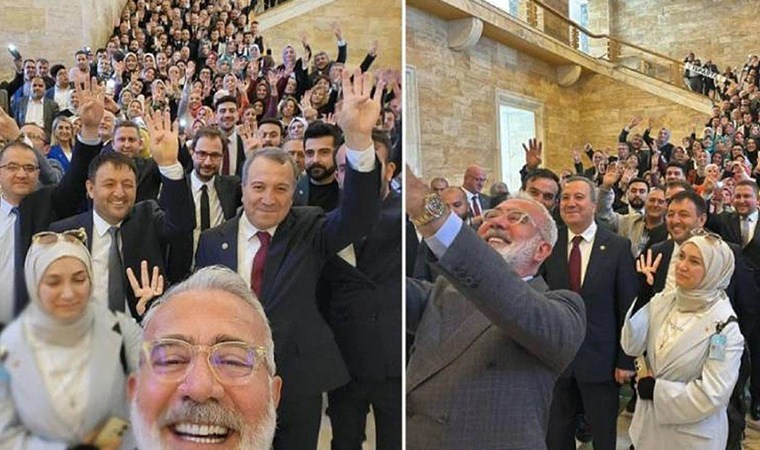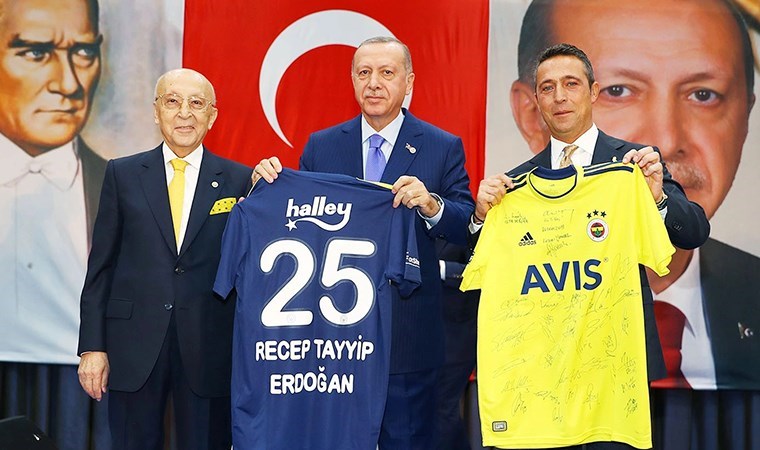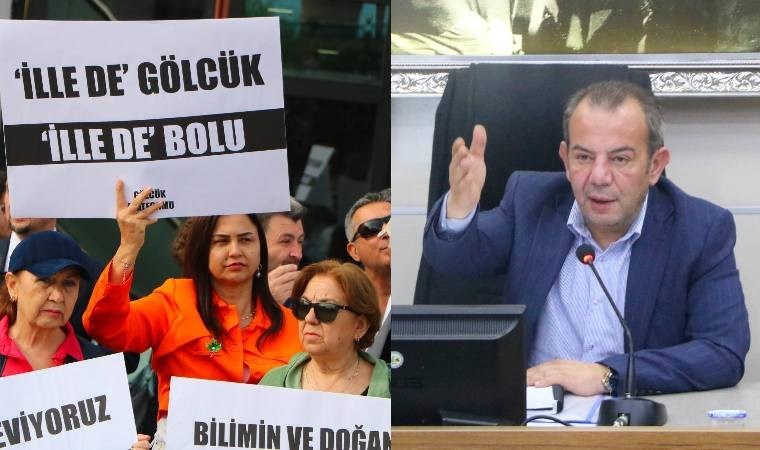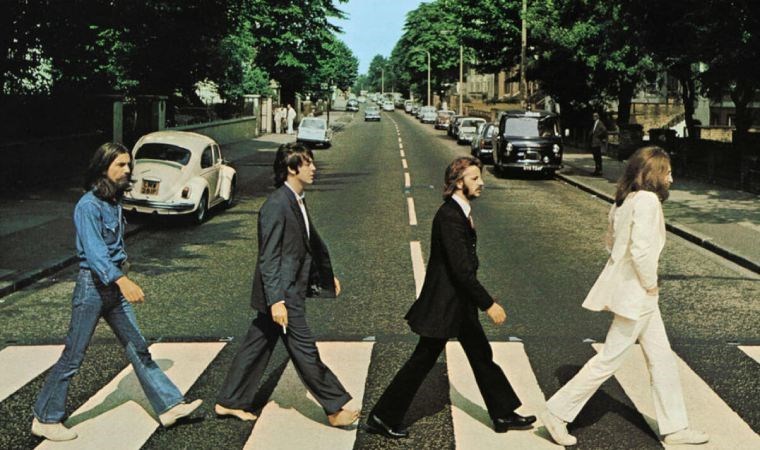Alper Taş: ‘Yes’ means nothing
United June Executive Board member and ÖDP Co-Chair Alper Taş has said that ‘No’ won the referendum and a comprehensive constitution cannot be made with the emerging result.
Ali Açar
Taş, noting that a coup was brought off through the Supreme Election Council (SEC)’s intervention, said, ‘We have beaten the AKP three times but have been unable to bring about its end. The AKP must be fought by creating the organs of democracy based on an actual mass movement.’ Alper Taş replied to Cumhuriyet’s questions.
- How do you assess the emerging result in the referendum? Was 48.6% a success?
This percentage was a great success apart from anything else. It is common knowledge how this came about. This result, in the face of this and that intimidation, injustice and inequality, is a success. But, this percentage is not the true percentage, because ‘no’ won. The ‘no’ that won at the ballot box was stolen. The way things stack up before our eyes is that there was a fraudulent ballot. ‘No’ won from all points of view, politically, morally and sociologically. This is a tainted result and ‘yes’ has no legitimacy. We saw a civilian coup process through the SEC’s intervention on 16 April. A coup was staged against the people’s will. A meaningful ‘yes’ did not emerge from this referendum and society did not approve comprehensive constitutional change. You cannot construct the country’s future with these percentages.
- Videos and documents have come to light showing that many improprieties were conducted in the poll. How should this be read and assessed?
This exposes the way an approach to politics has become morally corrupted. The improprieties did not start in the referendum. They have been experienced ever since this package was brought before parliament. Even the open voting by MPs constitutes grounds on their own for annulling this package. Also, the referendum was held under state of emergency conditions. The state’s entire resources were marshalled for ‘yes’. Unstamped voting slips were accepted, armed people stood over ballot boxes and there was multiple voting. You cannot see ‘no’ supporters engaging in such improprieties. ‘No’ also represented the country’s morality here. So, as I have said, ‘no’ won in my eyes.
Republicanism is the common denominator
- The call was made for the CHP to assemble along with the people but this found no take up. How do you assess this?
If I had been in the CHP’s place, I would have proclaimed this referendum to be illegitimate before the president and prime-minister had spoken and have called for the referendum to be annulled. This is what we did as the ÖDP. Saying that an answer and solution is not to be found on the street is a lie. Of course, what is meant here by the street is not conflict. But, mass democratic protests should have been held. Unfortunately, the CHP stood aloof from the political line it had to follow in response to illegitimacy. If the CHP is to come out in the street as an actor in social opposition and embrace everyone, it should also have accepted responsibility for the democratic street demonstrations. Recognising the opposition created by the street is the key to not recognising this referendum. Assembling along with the people may entail legal responsibility, but it must leave the parliamentary adaptation laws to one side and suspend its parliamentary activities and work on organising popular opposition.
- Various components of the political spectrum came together in the referendum and voted ‘no’. What kind of path should be followed from here on?
In my political thinking, the right is the right and the left is the left. I am not of the view that there remains no right and left so let’s stick in the middle. In the referendum, these political parties joined together and called a halt to a single person and a single-man regime. However, it is not particularly possible to bring these elements together around a joint political programme. Their common denominator is Republicanism despite all criticisms. The period in front of us will be an arduous process. We will take this fight forward as progressive and democratic representatives of ‘no’. The CHP is no longer a party that can feasibly organise socially against the AKP’s oppression. An important segment within ‘no’, its left and progressive segment, should place the social organisation in front of it or else pull the CHP base into such a base. The AKP does not confront us as a political party, but at the same time as a cultural and ideological movement. At places besieged by the AKP, we also need campaigns that will place them under siege. We have beaten the AKP three times but have been unable to bring about its end. The first of these was Gezi and we were unable to bring it to an end. We won the 7 June elections but failed yet again. We won in this referendum, too, but it must be followed through. A fight must be waged by creating the organs of democracy based on an actual mass movement with the pointer set at the street. Just as congresses in the heart of Anatolia developed the defence of national rights association organisations against palace rule in the War of Liberation, the people must in the same way create their own assemblies to counter the attacks of the Islamist regime. Under the logic of organising here and now for the local elections slated for March 2019, we must break the AKP’s hegemony at the local level with joint candidates who will democratise local authorities and rescue them from marketisation. We will either engage with the public by fielding candidates steeped in the spirit of Gezi, or we will confer power to the AKP once more with right-wing candidates.

En Çok Okunan Haberler
-
 Depremden bir saat önce '6-7.2 arası' diyerek uyarmıştı
Depremden bir saat önce '6-7.2 arası' diyerek uyarmıştı
-
 Cinsel açıdan en uyumlu 4 burç
Cinsel açıdan en uyumlu 4 burç
-
 Erdoğan ‘Kent Lokantası’na inanmadı
Erdoğan ‘Kent Lokantası’na inanmadı
-
 Saldırı sonrası İran'dan ilk açıklama
Saldırı sonrası İran'dan ilk açıklama
-
 AKP'de 'Rolex' kazası: Paylaştı, sildi
AKP'de 'Rolex' kazası: Paylaştı, sildi
-
 AFAD: 231 ihbar geldi
AFAD: 231 ihbar geldi
-
 'Ben artık Fenerbahçeli değilim'
'Ben artık Fenerbahçeli değilim'
-
 Karaköy sahiline havuz!
Karaköy sahiline havuz!
-
 Milli futbolcudan Arda Turan itirafı!
Milli futbolcudan Arda Turan itirafı!
-
 'Bu akşam geç geleceğim eve'
'Bu akşam geç geleceğim eve'

















